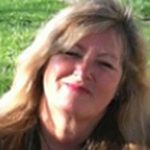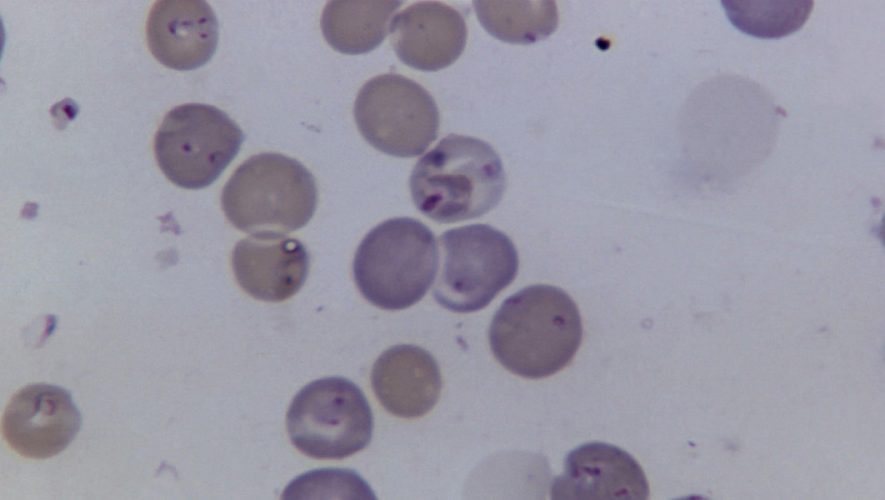Individual decisions about actions one can take that both positively and negatively impact watershed health are important in a time of increased urban development. The aim of this study was to identify what individuals know, do not know, and need to know to make more informed decisions in a rapidly urbanizing watershed in Columbus, Ohio USA. Interviews with residents in our target watershed focused on ecological knowledge and associated threats and impacts, to allow comparison of resident understanding with an expert technical model. Our findings suggest participants in our study have limited knowledge of stream life and related biological processes. Stream health is often defined solely by the visibility of streamside trash. Our participants lack a complete understanding of how degradation of watershed functions impacts the ecological services rendered by healthy watersheds. Identifying knowledge gaps and critical misconceptions is a first step in a process to encourage individual stewardship in urbanizing watersheds. Isolating knowledge gaps provides a focus for education and outreach efforts that aim to motivate individuals to become part of the solution to protect, maintain, and restore watershed health.
Hersha, D. K., R. S. Wilson, and A. Baird. 2014. What individuals know, do not know, and need to know about watershed health in an urbanizing USA Midwestern city: A mental model approach. Urban Water Journal, 11 (6):482-496.
 Dr. Deborah Hersha is Professor of Urban Ecology, Urban Farming Specialist in the Department of Ecology & Biodiversity in the School of Ecological Mission at Missional University. Her academic credentials include a B.S. in Education, Bowling Green State University (USA), M.S. in Biology, University of Akron (USA); and a PhD in Environmental & Natural Resources, Ohio State University (USA). Her experiences include research at the University of Akron, Ohio; visiting scholar at University of Sydney (Australia); and post-doctoral research at Ohio State University (USA).
Dr. Deborah Hersha is Professor of Urban Ecology, Urban Farming Specialist in the Department of Ecology & Biodiversity in the School of Ecological Mission at Missional University. Her academic credentials include a B.S. in Education, Bowling Green State University (USA), M.S. in Biology, University of Akron (USA); and a PhD in Environmental & Natural Resources, Ohio State University (USA). Her experiences include research at the University of Akron, Ohio; visiting scholar at University of Sydney (Australia); and post-doctoral research at Ohio State University (USA).


